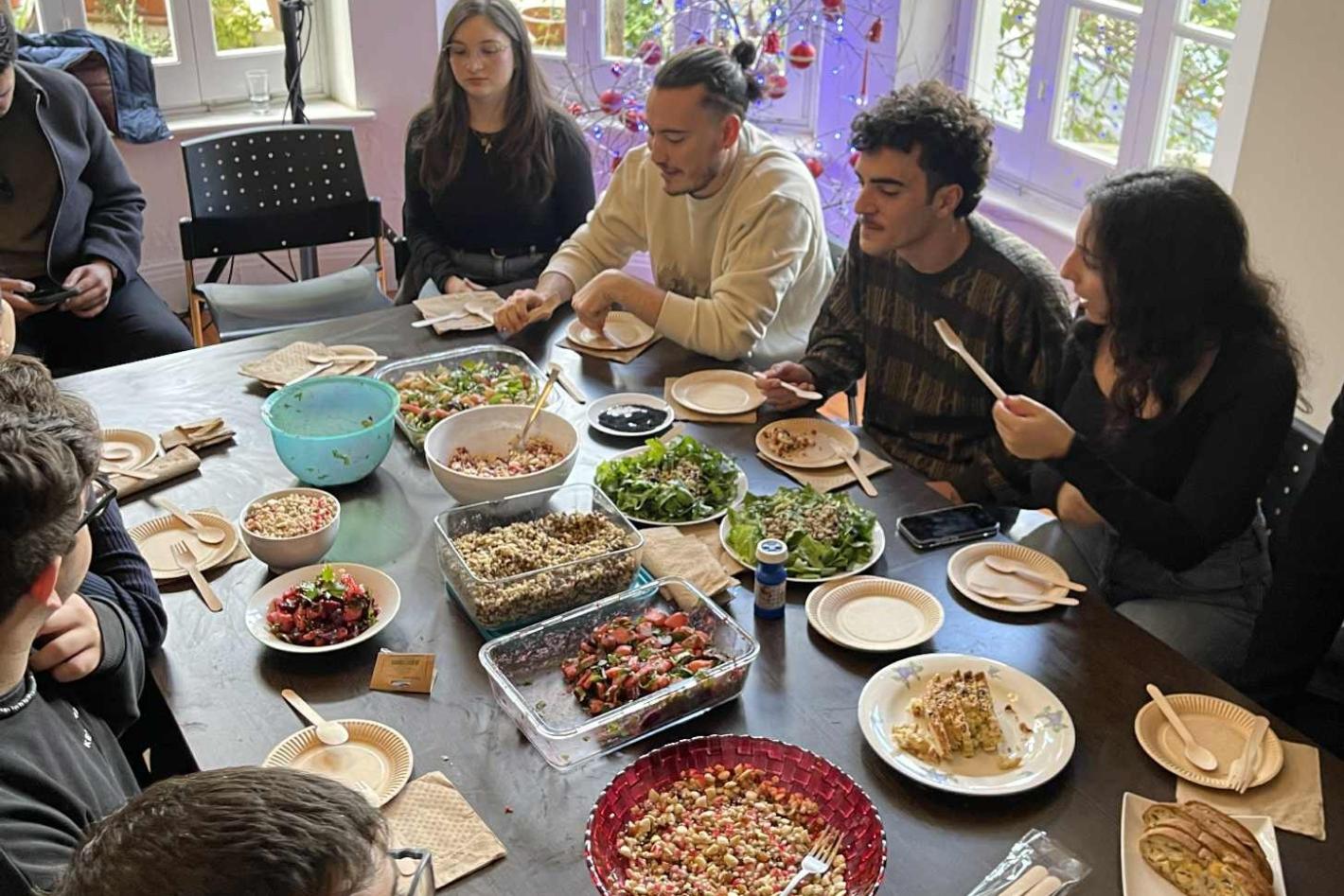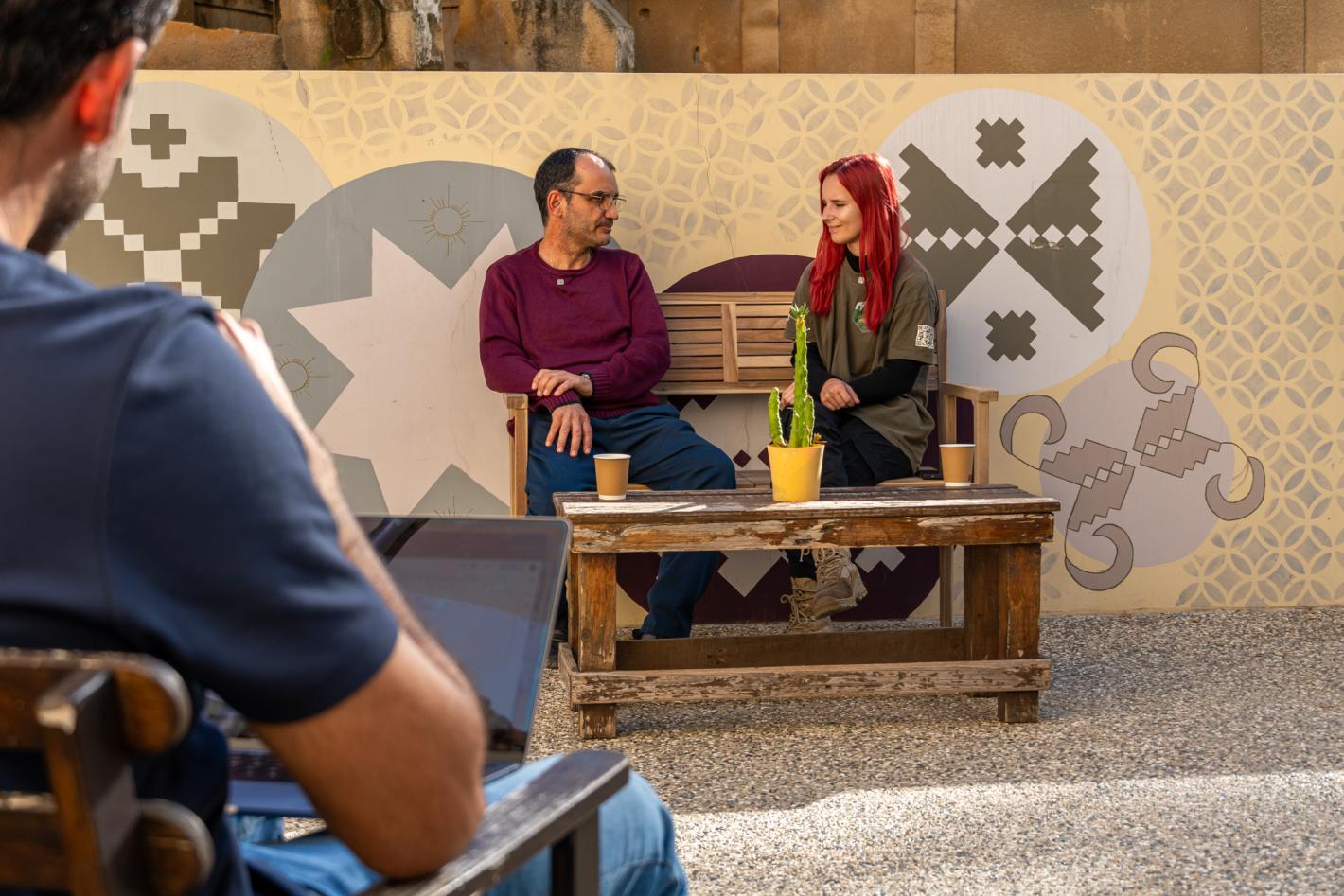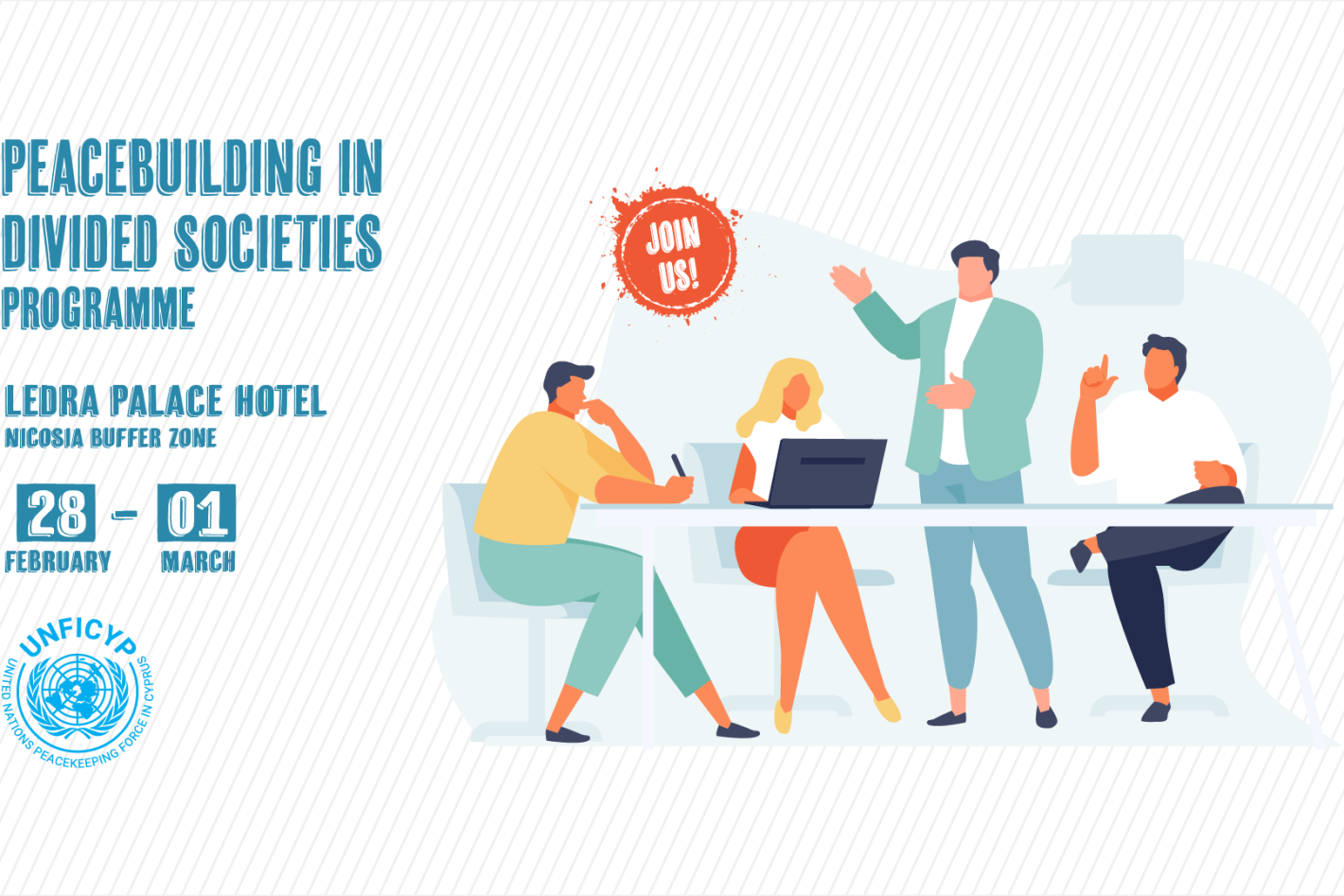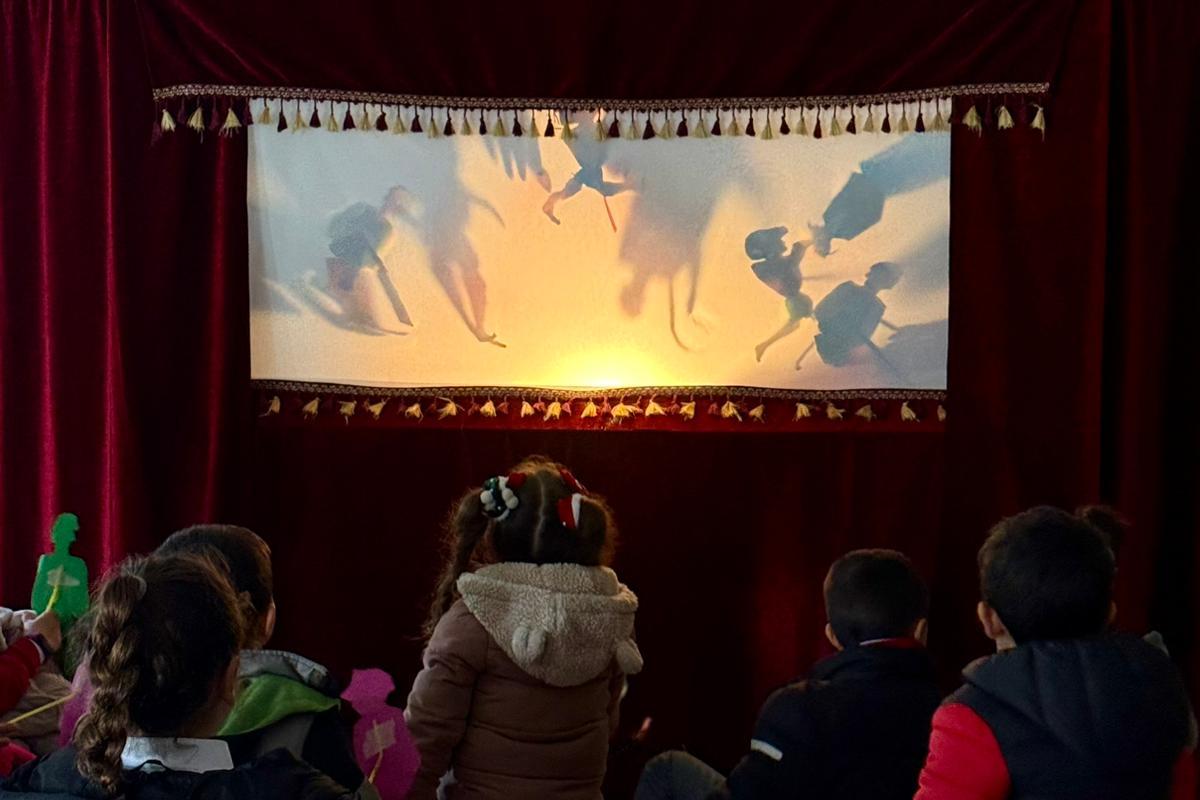NICOSIA, 16 December 2015 - Renowned Olympian Sebastian Coe once said, “Sport is a universal language, building more bridges between people than anything else I can think of.” This has certainly been true of the Peace Players, a basketball initiative that has grown from two brothers coaching Catholic and Protestant children in Northern Ireland, to a multi-country programme moulding young leaders and breaking down barriers between communities on three continents.
The Peace Players began working in Cyprus in 2006, bringing Greek Cypriot and Turkish Cypriot children and teens together to play basketball, but also to break stereotypes, forge inter-communal friendships and build leadership skills. The organisation has programmes in Northern Ireland, South Africa, Israel and the West bank.
“The Peace Players goes beyond just sports, identifying young people with the most potential and putting them through a Leadership Development Programme where they learn leadership skills, positive communication and conflict resolution among other things,” said Jale Canlibalik Oyuncu, Managing Director of the Peace Players Cyprus. “Our summer programme actually brings children from the two communities together for a residential camp.”
She noted that since the start of the Peace Players programme in Cyprus, previously reluctant parents were now happy for their children to interact with other communities, and genuine friendships had been built between the youth of the two communities.
The leadership programme has also allowed talented youngsters to use their skills to build bridges and highlight the benefits of positive interactions between Turkish Cypriots and Greek Cypriots. This is the case for Eleni Partaki, one of the Peace Players’ young leaders, who recently won a bicommunal UN-sponsored essay contest.
“Eleni is one of the leaders from our Leadership Development Programme. She has a unique vision and is very open, seeing things the way most of us should be able to see them – she is the one of the best examples of what our project aims to achieve,” Ms. Oyuncu said.
Ms. Partaki’s essay focused on the importance of making individual sacrifices for the greater good of the community, and on the importance of UNFICYP’s work to the people of Cyprus. She was awarded a trophy at a ceremony at UNFICYP Headquarters in Nicosia on 21 October 2015.
She spoke to UNFICYP about how the Peace Players have changed her life.
“Peace Players is more of a family community. I hope to use what I was taught through this family to demonstrate to a wider group of people the reachable goal of peace and that the future of the island can be bright if we choose it to be,” she added. “It does undertake a lot of time and effort to work for peace but it is worth it. Peace is a human right to be protected.”
Ends






